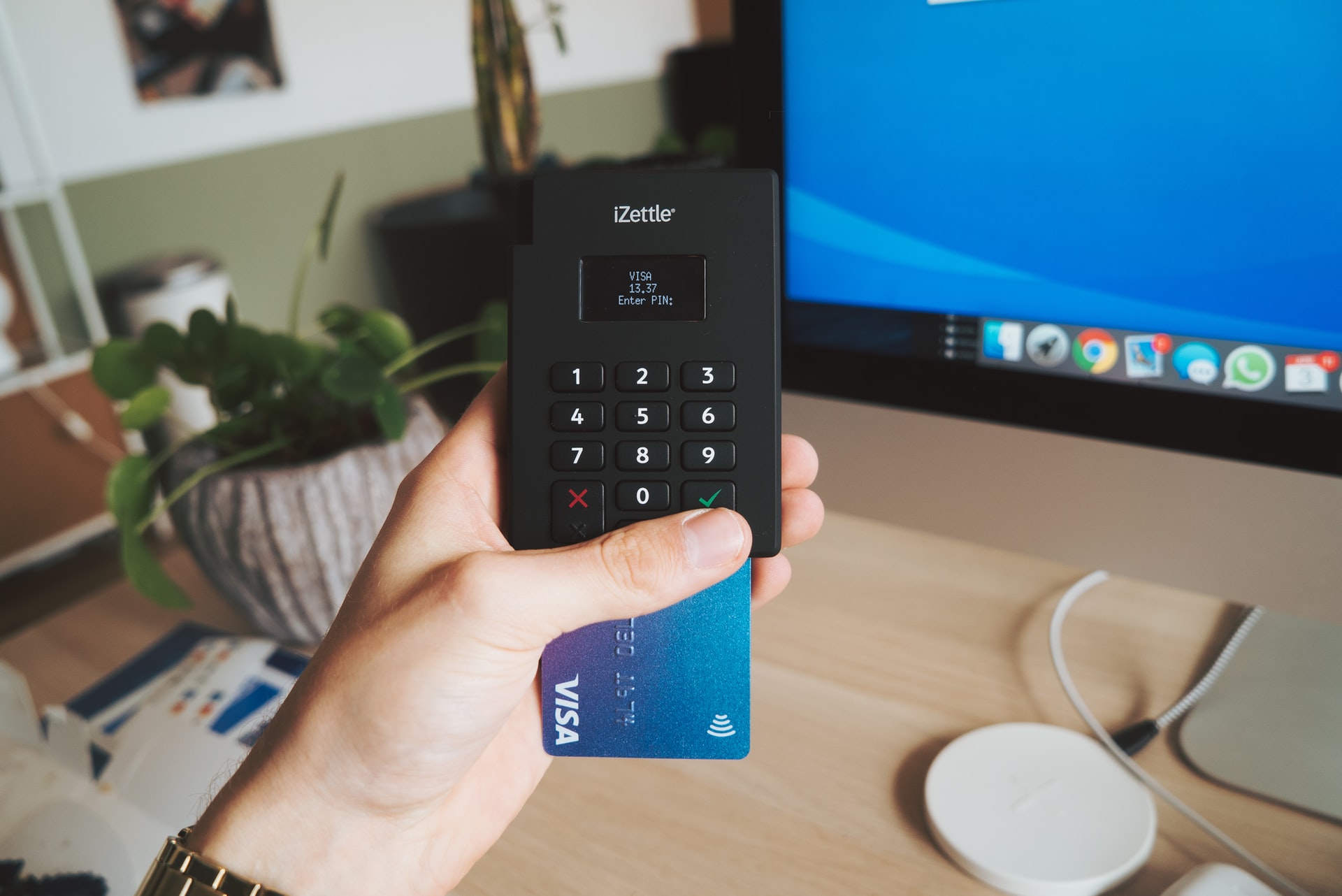What is CIBIL Score?
CIBIL Score represents your credit information and credit score, and is the key-consideration for your bank loans to get approved and processed quickly. The Credit Information Bureau (India) Limited (CIBIL) is a three-digit numeric summary of the consumer’s credit history that summarizes your credit history and the consumer’s credit profile. The same is assessed based on past-credit behaviors including borrowing and repayment habits of the consumer shared by the bank and other lenders with the CIBIL regularly. The score ranges from 300 to 900, wherein a consumer’s score that is closer to 900 is more likely to get an approval on credit card and loans by the bank. The CIBIL Score is created by a scoring system that considers a vast number of data points as well as macro-level credit trends. It is based on the consumer’s creditworthiness and credit history from the past 36 months.
The CIBIL Score, simply put, helps banks to identify defaulters in repayment of services rendered by banks and lenders. Furthermore, your CIBIL score also offers lenders with important information about your credit history by analyzing historical patterns of credit utilization and loan repayment behavior. Any score greater than 750 is considered a great CIBIL score and it helps lenders in assessing and approving your loan applications.
CIBIL Score Range can be explained as follows:
- 750 – 900: This represents an excellent credit score, and it suggests that the consumer has been diligent with credit card and loan repayments. Banks and lenders are more likely to offer you loans.
- 650 – 749: This represents a good credit score, and it suggests that the consumer has displayed good credit behavior. The banks and lenders will consider your credit application and will offer you a loan, however, the terms offered by the bank may not be negotiable.
- 550 – 649: CIBIL Score between this range represents a decent credit score. The score suggests that the consumer has struggled in repaying loans and/or delayed in repayment of credit card bills or EMIs. In such scenarios the bank may impose higher credit interest rates on loans.
- 350 – 549: This represents a bad credit score, and it suggests that the consumer has defaulted in repayment of dues. At this range the banks and lenders do not impose trust on you since you are at a high risk of turning a defaulter. Thus, the banks and lenders will not readily provide you with loans and credit cards.
- NA/NH: NA typically means ‘Not Applicable’, whereas NH represents ‘No History’. These terms usually denote that you have never taken a loan or have no credit history. It is important to note that some lenders desist from providing loans to persons having NA/NH CIBIL Score.
What is CIBIL Report?
CIBIL Report on the other hand signifies a credit-report that comprises of the consumer’s CIBIL Score, credit summary, personal and contact information, job profile, as well as loan account information. It is crucial to note that lenders consider both the CIBIL Score as well as the Report while assessing the consumer’s loan competency and eligibility.
What are the factors that affect your CIBIL Score?
Primarily, there are 4 factors that affect the consumer’s CIBIL Score. These are:
- Payment History: Making late payments or failing to pay your EMIs or dues (recently or frequently) will have a negative influence on your credit score.
- High Credit Utilization: A rise in your credit card’s current balance amount implies an increasing repayment load and that may reflect poorly on your credit score.
- Multiple Enquiries: If you have recently been approved for several loans and credit cards, lenders will be wary of your application since this practice suggests that your debt load has risen, which will lower your credit score.
- Credit Mix of Secured or Unsecured Loans: A balanced combination of secured loans (such as auto, home loan) and unsecured loans (such as personal loan, credit card) is more likely to improve your credit score.
Conclusion & Tips
It is advisable at all times to have a Credit Score closer to 900, since it prompts lenders and banks to readily provide you with credit cards and loans. You can improve your CIBIL score by way of financial prudence, such as, repaying your dues in time, not defaulting on debts and using credit wisely.
If your cibil score is down, explore loan settlement. Register and talk to our counsellors for more information.

